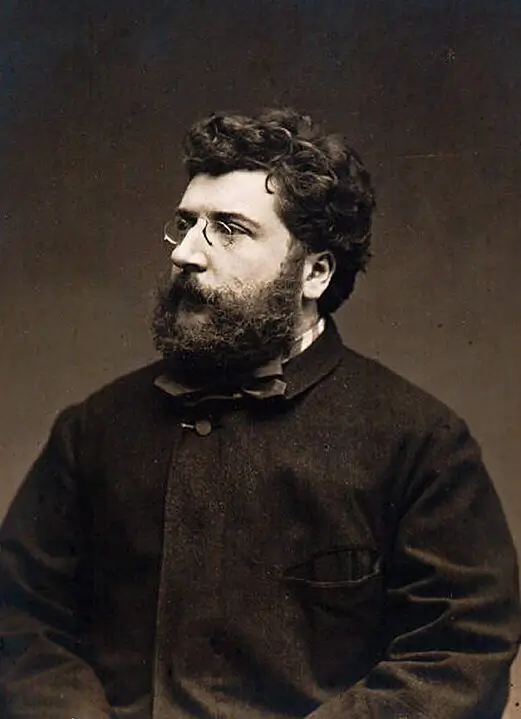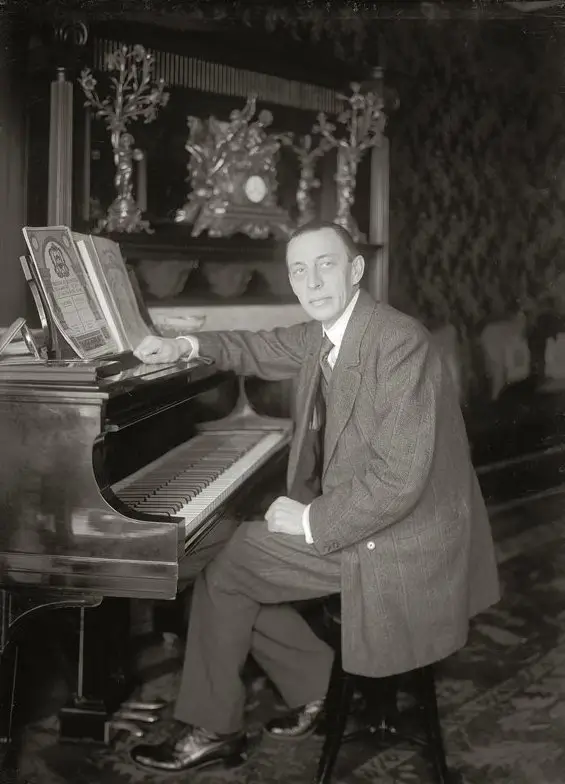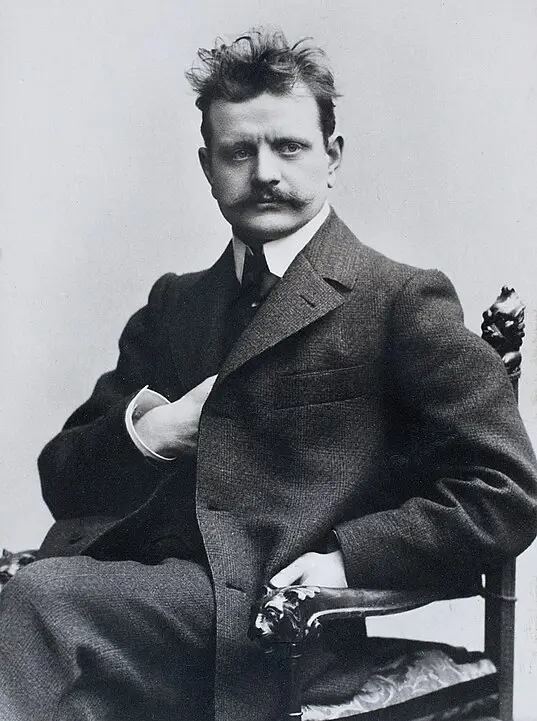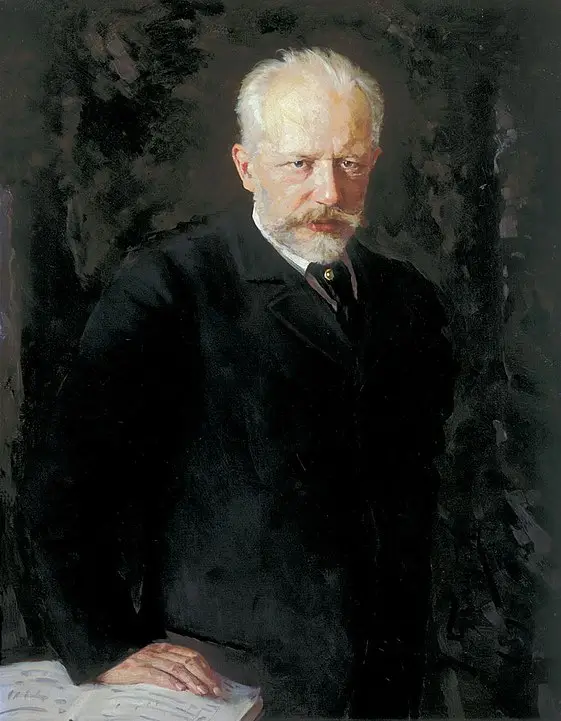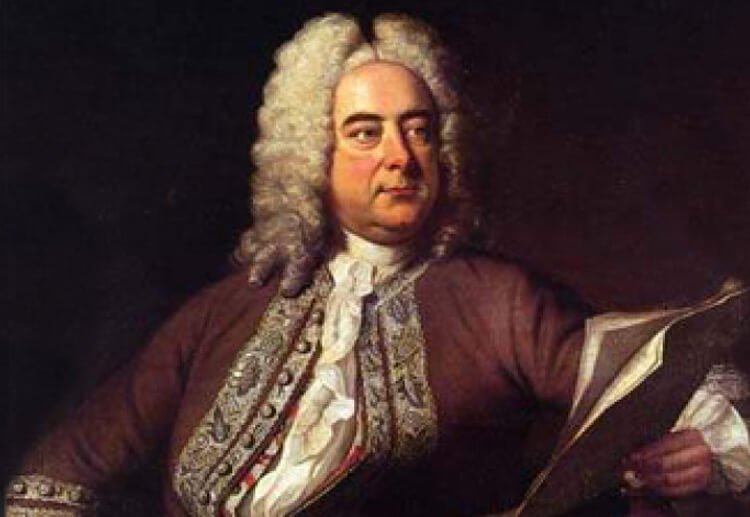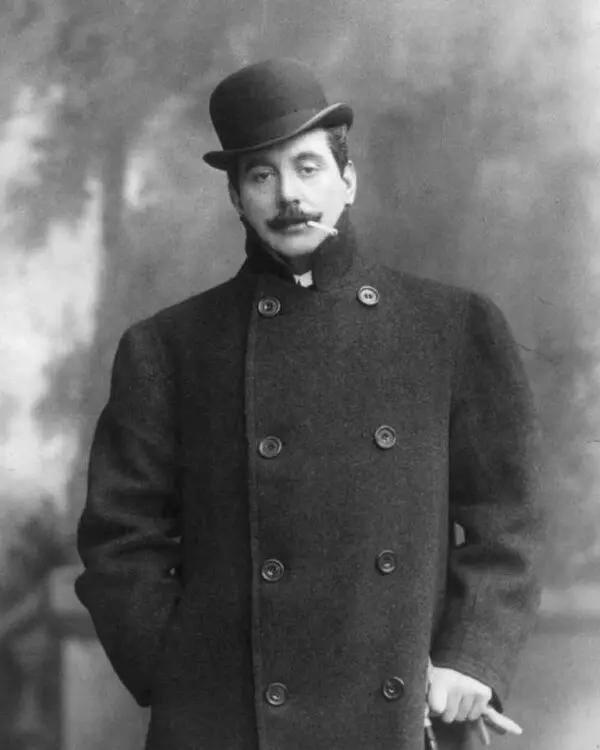Introduction
Georges Bizet, born Alexandre César Léopold Bizet on October 25, 1838, in Paris, France, remains one of the most celebrated composers of the 19th century. Renowned primarily for his operas, his masterpiece “Carmen” has secured a perpetual place in the opera repertoire worldwide. Bizet’s music, characterized by its melodic power, orchestral color, and deep emotional resonance, marks a significant evolution in the operatic tradition. This article delves into the life and works of Bizet, exploring his early influences, major compositions, and the lasting impact of his artistic legacy.
Early Life
Bizet was born into a musical family; his father was a singing teacher, and his mother a gifted pianist, which undoubtedly influenced his early exposure to music. From a tender age, Bizet displayed prodigious musical abilities. At just nine years old, he was admitted to the prestigious Paris Conservatoire, signaling the beginning of a promising musical career. His childhood was steeped in musical training, setting the foundation for his later works.
Musical Training and Development
At the Conservatoire, Bizet studied under renowned teachers including Antoine François Marmontel for piano and Fromental Halévy for composition. His time at the Conservatoire was marked by a series of successes, including winning the prestigious Prix de Rome in 1857, which allowed him to study in Italy. His years in Rome were formative, exposing him to the breadth of Italian opera and the works of composers such as Rossini and Donizetti, which influenced his compositional style.
Major Works and Compositions
Bizet’s oeuvre includes operas, symphonies, and piano pieces, but it is “Carmen” that remains his most famous and revolutionary work. Premiered in 1875, “Carmen” was initially met with scandal and disapproval for its portrayal of the passionate and independent Carmen. However, its innovative use of melody, harmony, and orchestration eventually won over audiences and critics alike. Other notable works include “The Pearl Fishers,” “L’Arlésienne,” and his Symphony in C, which, despite being written at the age of 17, is celebrated for its youthful energy and brilliance.
Connections to Other Composers
Bizet’s work was influenced by, and in turn influenced, several key figures in the music world. His teacher, Halévy, introduced him to the Parisian music scene and its key players. Through his career, Bizet encountered composers like Charles Gounod, whose music and operatic style had a lasting impact on Bizet’s approach to composition. Moreover, Bizet’s influence can be seen in the works of later composers, such as Debussy and Ravel, who admired his mastery of orchestration and drama.
Character and Philosophy
Bizet was known for his complex character; he was both passionate about music and plagued by self-doubt. His letters and writings reveal a man deeply committed to artistic integrity and innovation. He often struggled with the commercial aspects of the music industry, striving instead to achieve a balance between popular appeal and artistic excellence. Bizet’s philosophy of music was rooted in expression and emotion, aiming to move and engage the audience deeply.
Life in Paris
Paris in the mid-19th century was a vibrant center for the arts, and Bizet was at the heart of its cultural life. The city’s rich musical scene provided a fertile ground for his development as a composer. Opera was particularly popular, and the opening of new venues like the Palais Garnier provided opportunities for composers to showcase their work. Paris during this era was also a hub of intellectual and artistic debate, influencing Bizet’s development and output.
Death and Legacy
Bizet died suddenly on June 3, 1875, at the age of 36, from a heart condition. His death came just three months after the premiere of “Carmen,” meaning he never witnessed its eventual success and global acclaim. Bizet’s legacy is profound, influencing generations of composers and musicians. “Carmen” alone has been performed thousands of times and adapted into numerous formats, securing Bizet’s place in the pantheon of great composers.
Bizet’s life and work reflect the tumult and dynamism of 19th-century music and culture. His ability to blend melodic inventiveness with profound emotional depth ensures his music remains beloved and relevant. Through his compositions, Bizet not only captured the spirit of his times but also laid the groundwork for future musical innovations.

